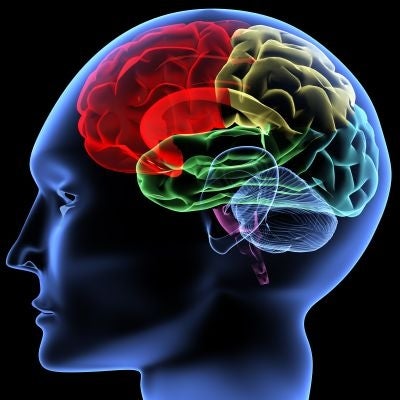Your support helps us to tell the story
From reproductive rights to climate change to Big Tech, The Independent is on the ground when the story is developing. Whether it's investigating the financials of Elon Musk's pro-Trump PAC or producing our latest documentary, 'The A Word', which shines a light on the American women fighting for reproductive rights, we know how important it is to parse out the facts from the messaging.
At such a critical moment in US history, we need reporters on the ground. Your donation allows us to keep sending journalists to speak to both sides of the story.
The Independent is trusted by Americans across the entire political spectrum. And unlike many other quality news outlets, we choose not to lock Americans out of our reporting and analysis with paywalls. We believe quality journalism should be available to everyone, paid for by those who can afford it.
Your support makes all the difference.Australian and US scientists believe they have isolated a new mechanism by which the brain learns and stores memories, a finding they say could help treat brain injury and disease.
Bryce Vissel, lead researcher at Sydney's Garvan Institute, said the discovery challenges the way the brain has long been believed to capture and encode information.
"In terms of understanding learning and memory mechanisms in the brain, it's quite a fundamental shift in our understandings," he told AFP.
"And I think it's got the potential to ultimately influence not only our understanding of brain function, but also drug development and our psychological approaches to treating people with Alzheimer's."
The six-year project studied the impact on the brain function of mice when a particular receptor - previously deemed critical to learning something for the first time - was chemically switched off.
It found that the brain uses the receptors when learning an experience for the first time, but that these were not essential for handling the subsequent learning of a similar event because another molecular mechanism was used.
Scientists hope this second pathway can be replicated, either using medication or other therapies, to treat patients with brain injuries or diseases such as Alzheimer's or Parkinson's.
Vissel said the findings, to be published online in the journal PLoS ONE, were still in the discovery phase but raised hopes for new drug and behavioural treatments for people with neurological disease or injury, as well enhancing learning for the able-minded.
"The exact implications of this research is that there is a separate mechanism of learning in the brain, it seems to be employed on what we call second learning," Vissel said.
"It's like a new lens on your camera, you've just got a new way of looking at learning and memory. You think, 'Oh, you can exploit this in so many ways'."
Recent research suggests the number of Alzheimer's sufferers worldwide will double within 20 years to more than 65 million as people's lifespans extend.
mfc/ajc/njc

Join our commenting forum
Join thought-provoking conversations, follow other Independent readers and see their replies
Comments